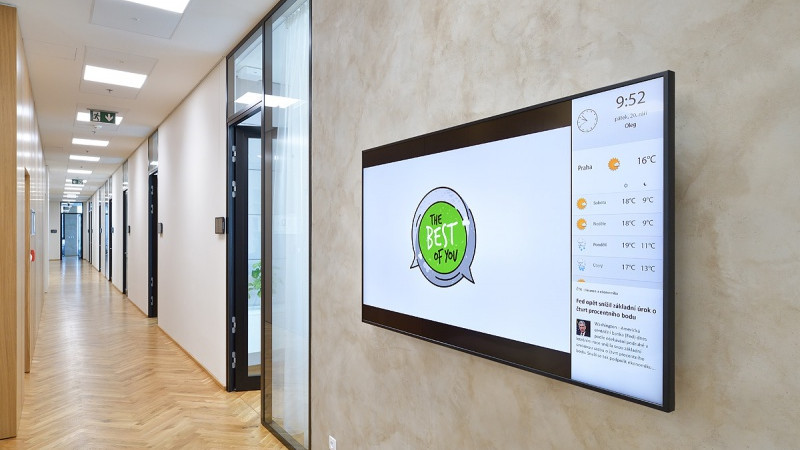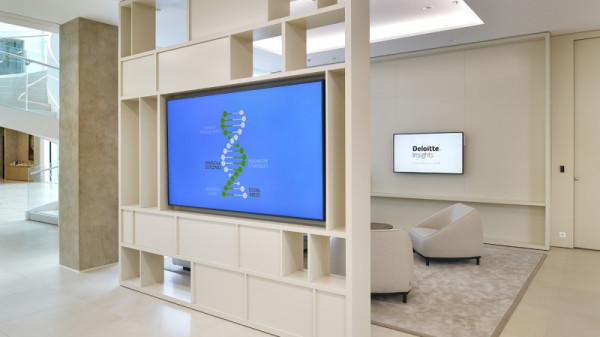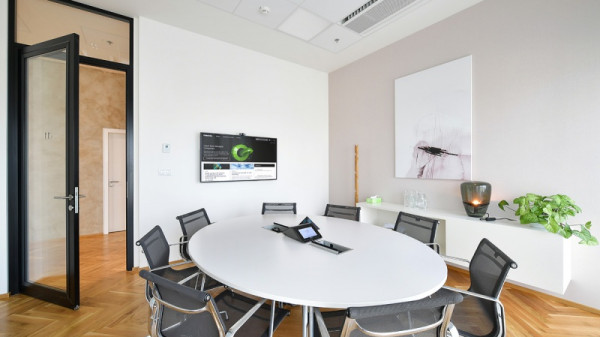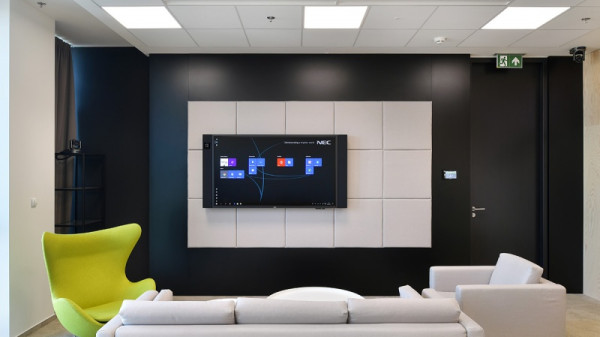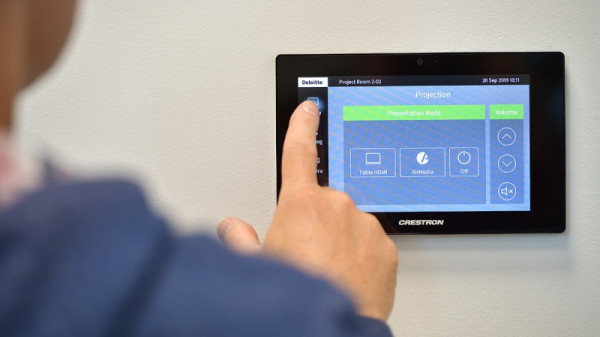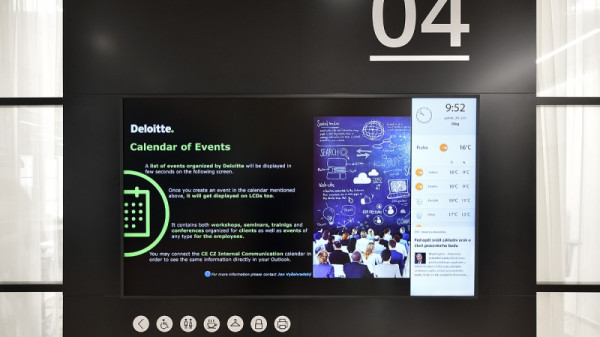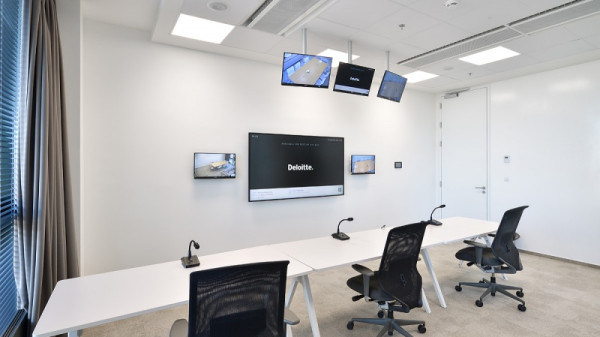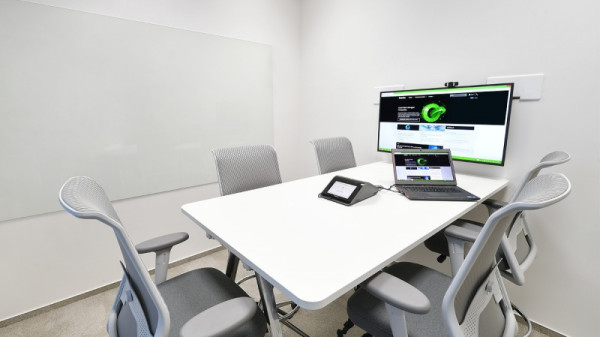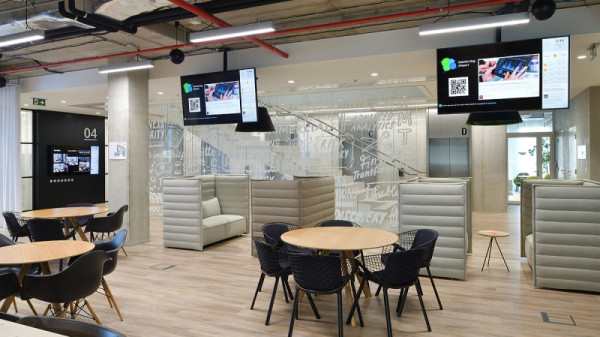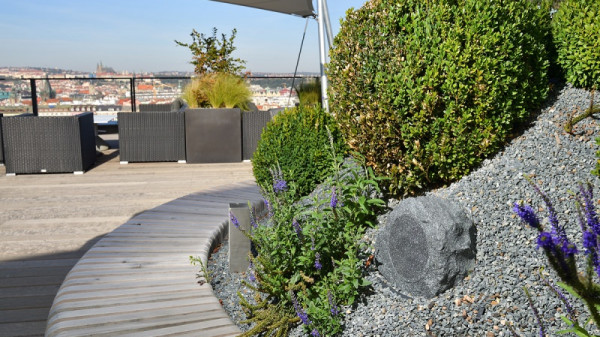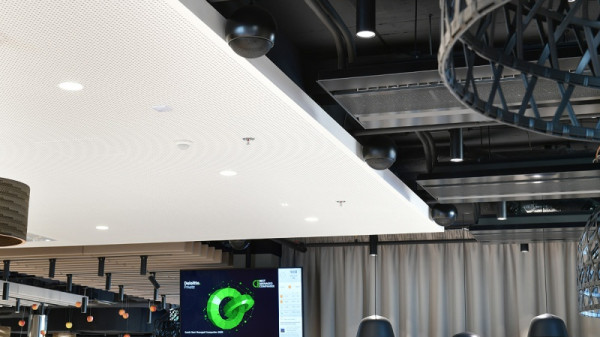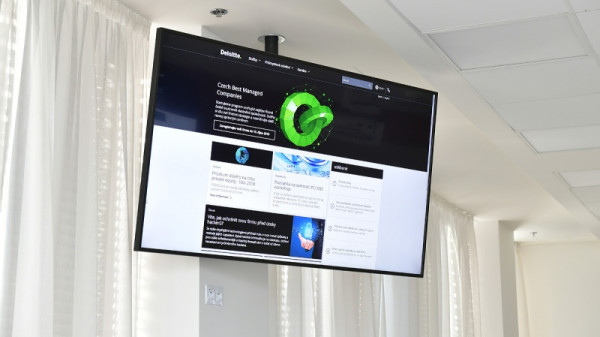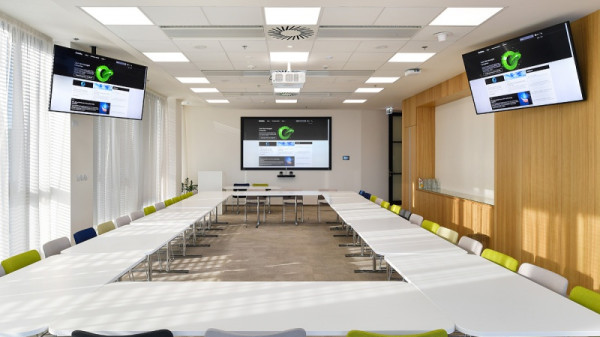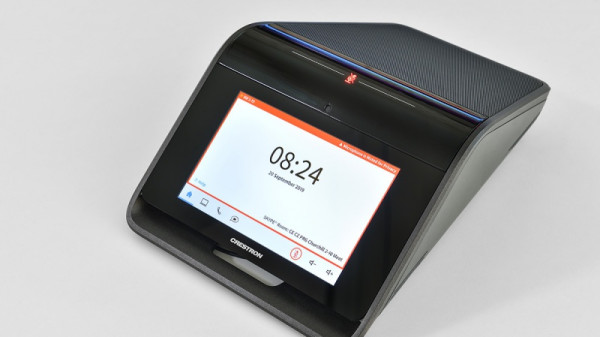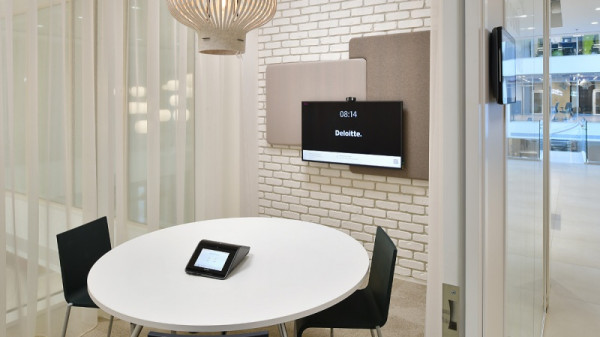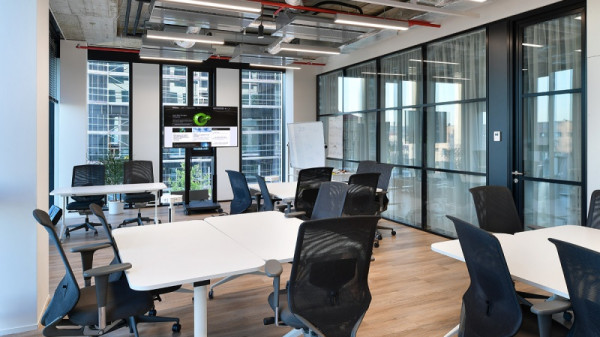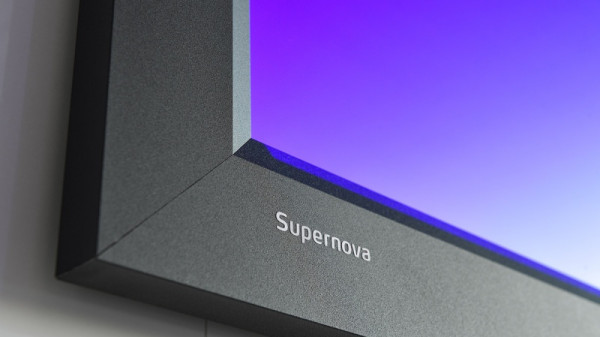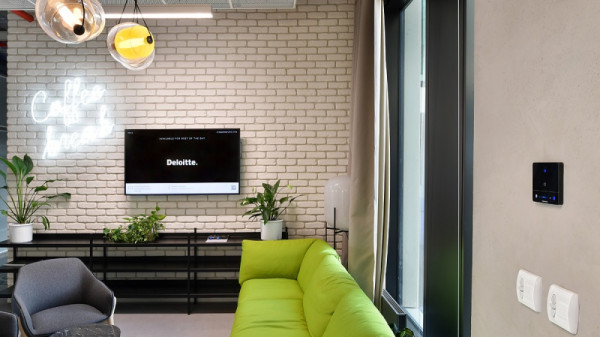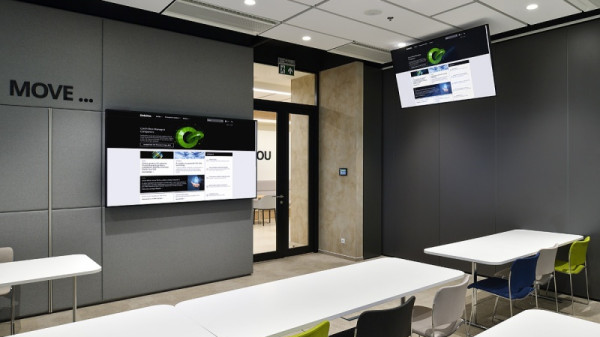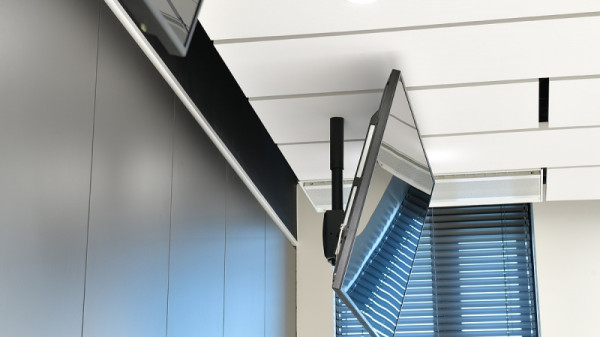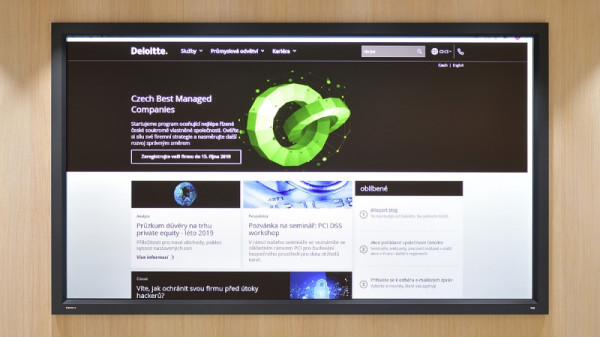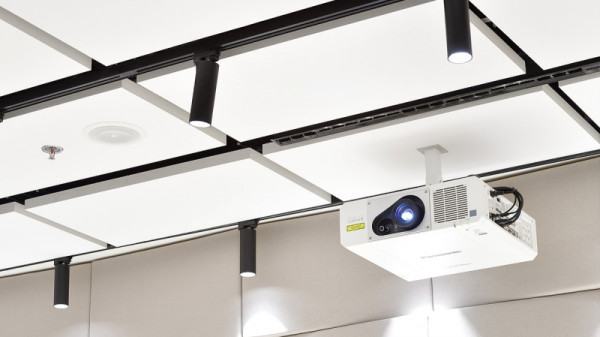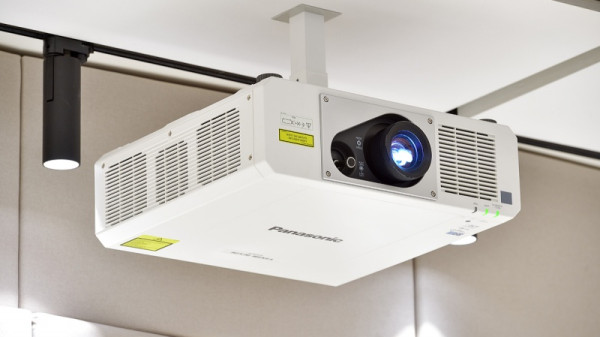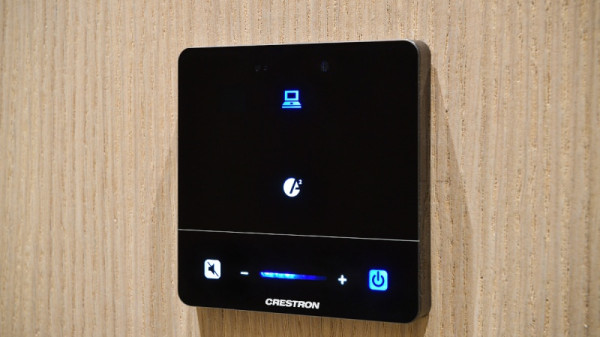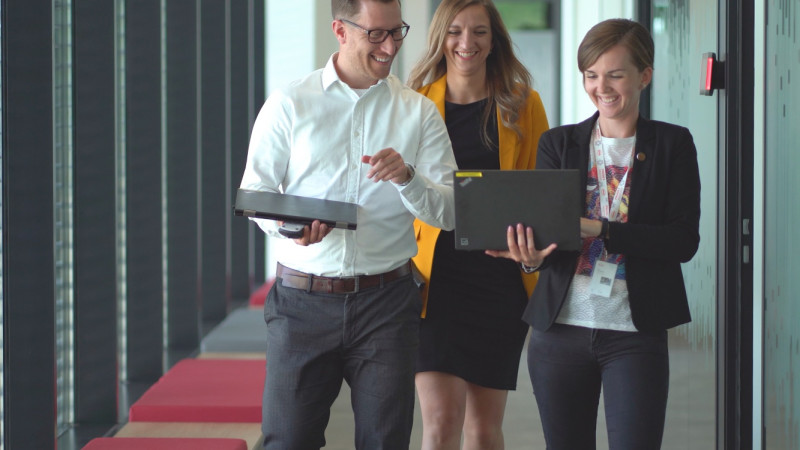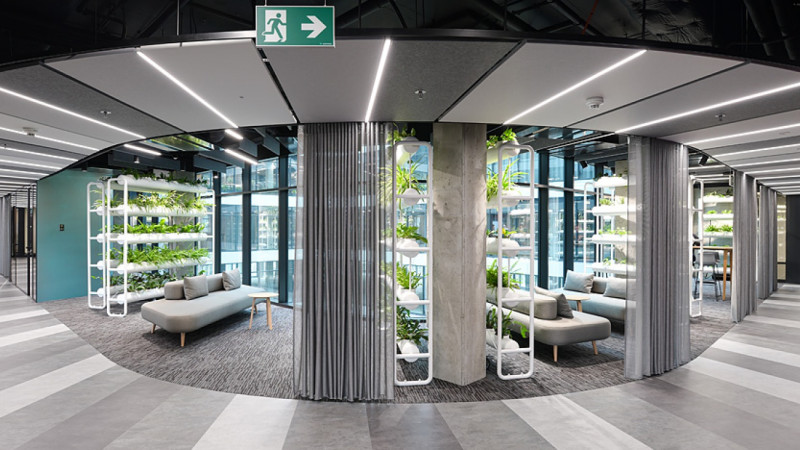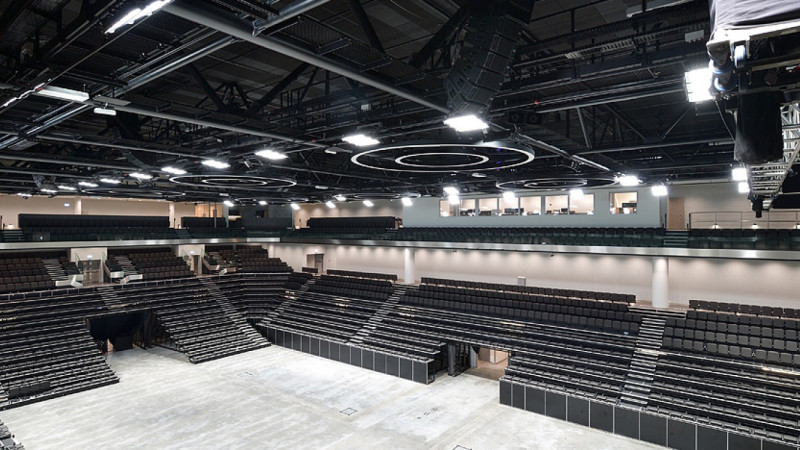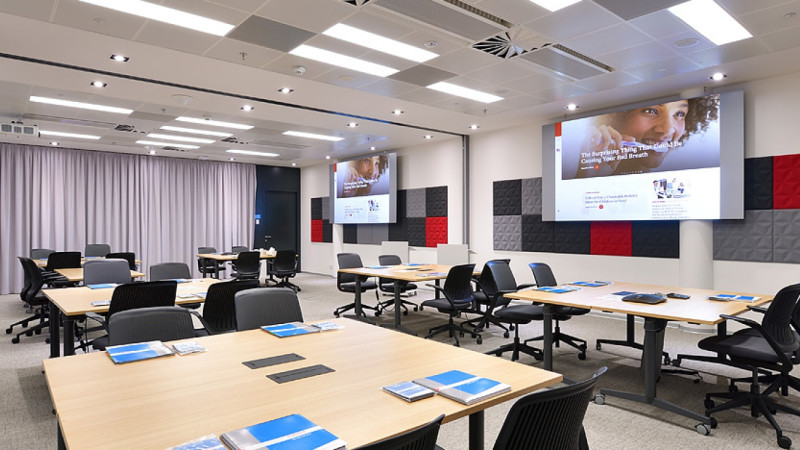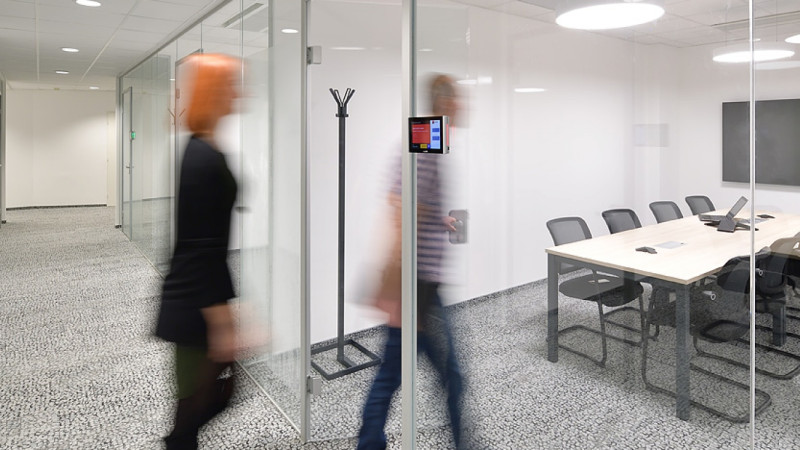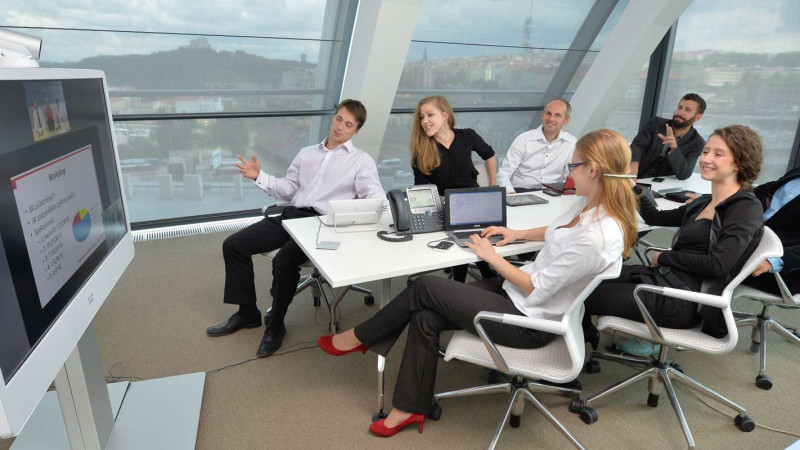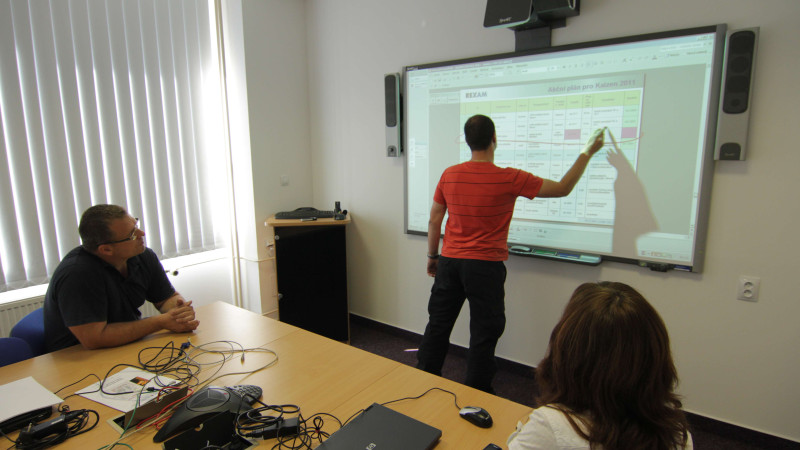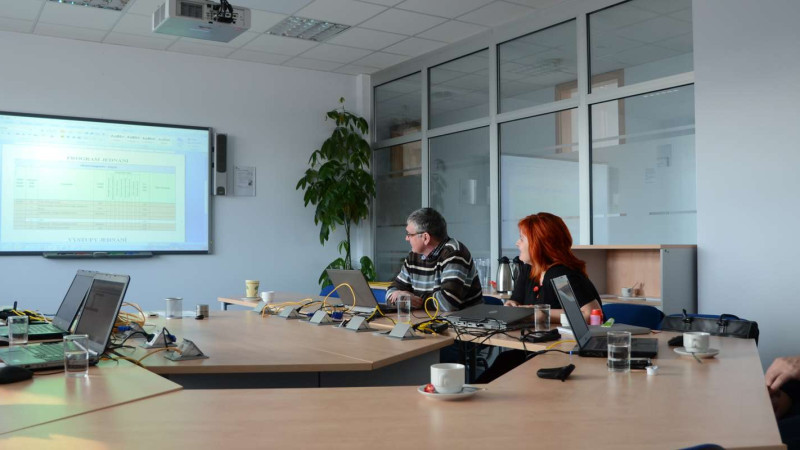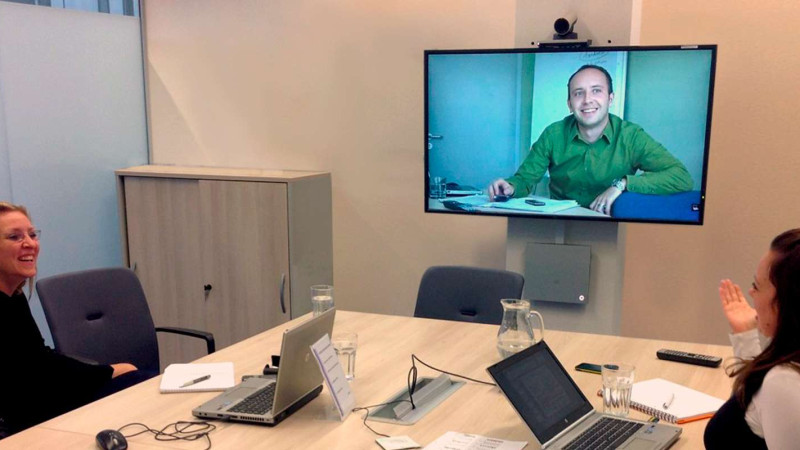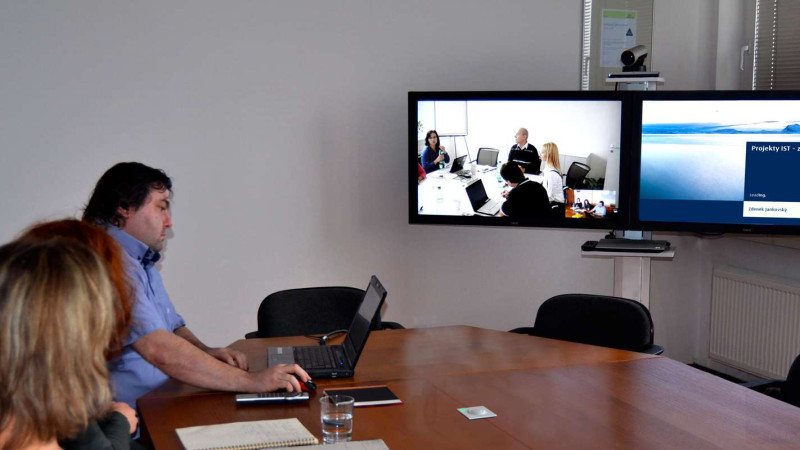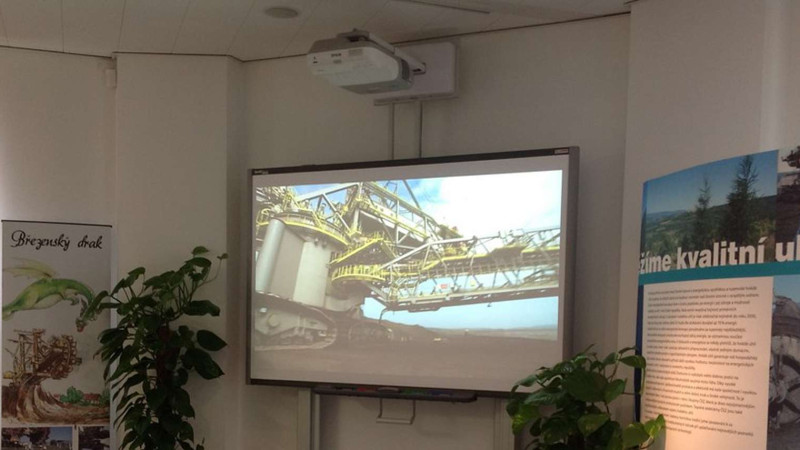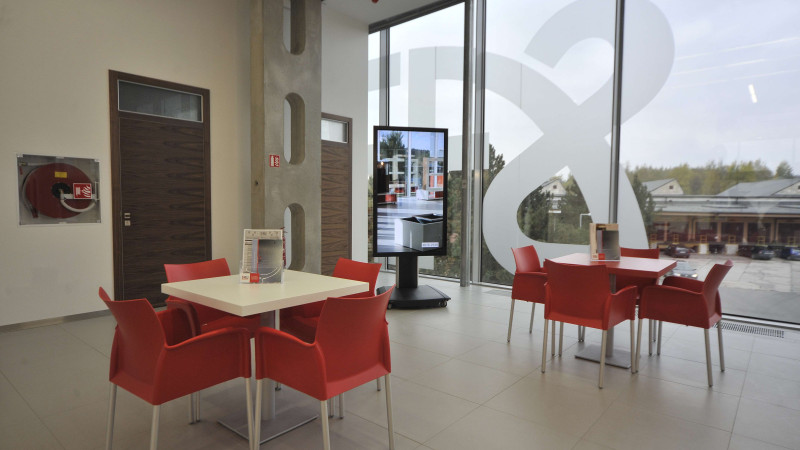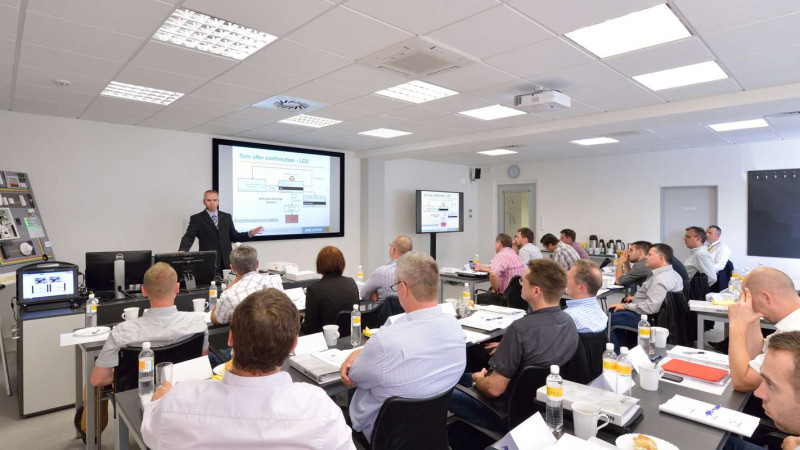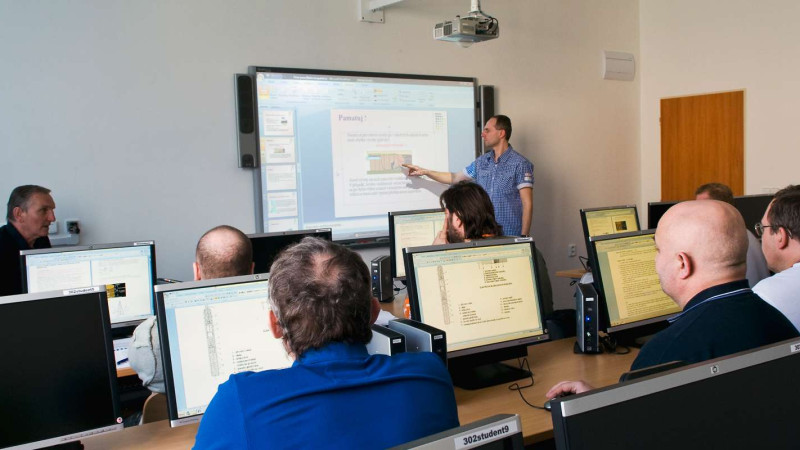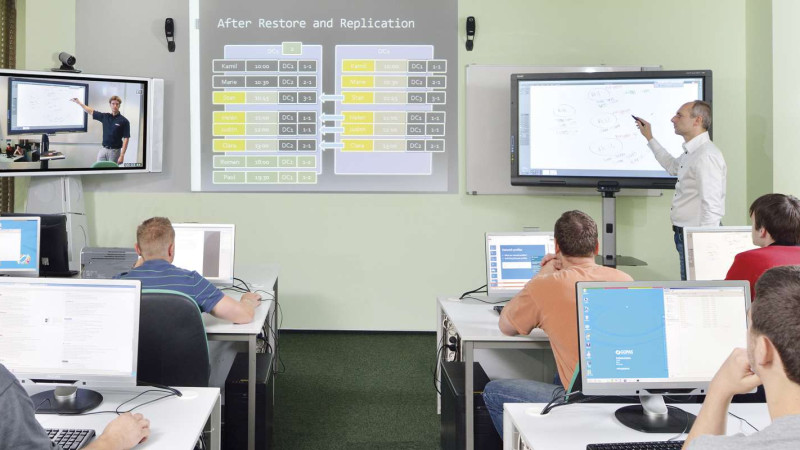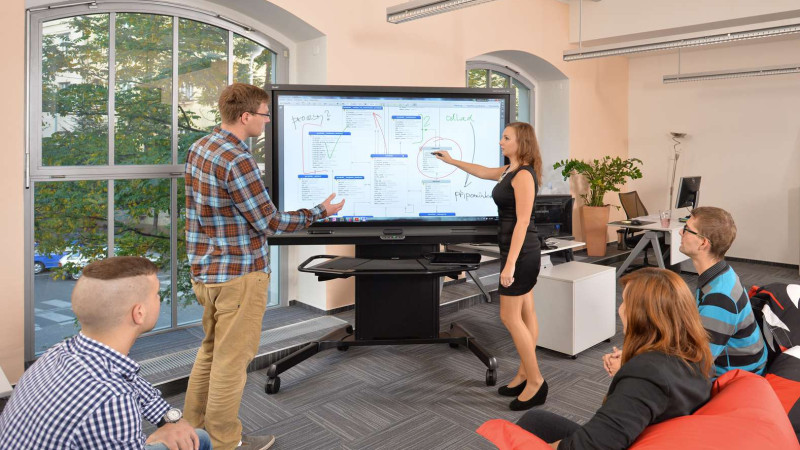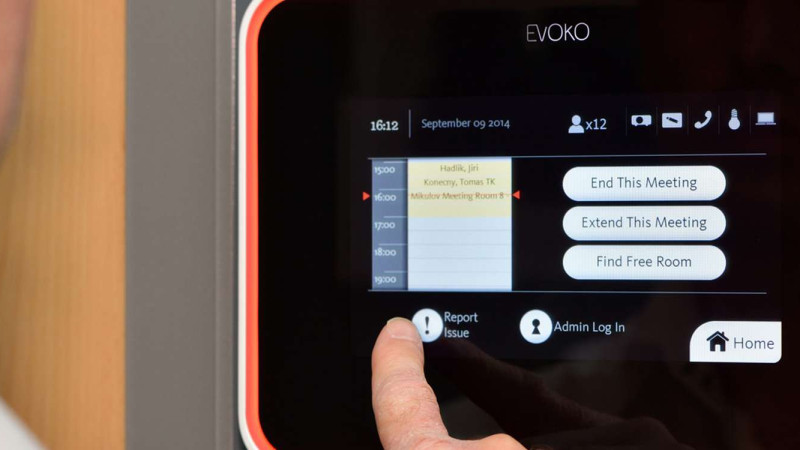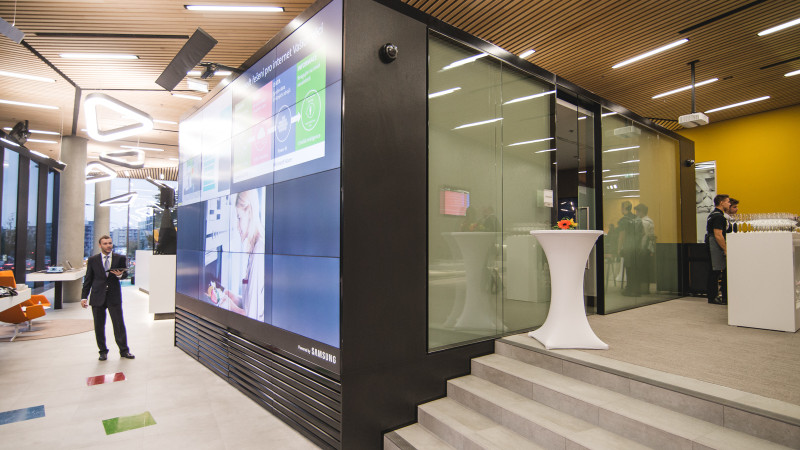
Office space that connects people and technologies
Deloitte's office space is a place where we efficiently connect people and technology. The premises support open communication and casual meetings, but also human activity, competitiveness and active involvement.
We believe that through the overall office space we “give” and “accept” fresh and courageous ideas, open communication, safety, trust, healthy interpersonal relationships, the joy of doing work, a sense of responsibility and a sense of belonging in teams.
“Being mediocre is not enough to succeed in the digital world. It’s necessary to rethink the types of skills that we must acquire. These skills include hard skills, so-called technical skills, and soft skills, critical thinking, emotions, creativity and the ability to communicate clearly and precisely. These qualities separate excellent employees from average employees. People who are able to communicate and speak clearly have the ability to inspire and foster their imagination,” said Jan Stehlík, Chief Digital Officer Central Europe.
Are human skills related to technology and the Deloitte building?
Yes, this is a good question that I’ll try to answer gradually. First, I want to go back to the very beginning, a time when we had no idea of where we were going to move to because there was also the distinct possibility that we would stay in the original location.
It was important for us to choose a building while being able to influence its internal functioning in relation to the new way and philosophy of working with emphasis placed on cooperation, flexibility, innovation, efficiency and employee health.
The main idea was to create workspaces that connect, interconnect, and enable team collaboration while ensuring safe and free access to the work itself. After internal analysis of the “workplace survey” (what people in the office environment are lacking, what they want to change and what their expectations are), they managed to transition from ideas to practical operations in a modern building with state-of-the-art architecture of the Churchill complex.
1100 employees
800 classic work desks “desk sharing”
2400 seating places throughout the
Open communication is a basic human need.
How wo uld you describe Deloitte’s new office space ?
Imagine seven identical letter Cs that are vertically connected by a staircase and a lift. There is a reception with a public glass atrium on the ground floor, a café and client conference rooms. There is a co-working zone on the first floor, which offers open and closed creative spaces for short and long-term reservations by project teams. In these areas, we are looking for solutions and we come up with new fresh ideas, both internally and with our clients or other external partners. For this form of collaboration, large screens and mobile displays play a significant role, on which flexibly we present digital visual content from human resources or mobile devices.
The additional floors were designed for employees with regard to the wishes of the relevant departments. The individual floors are not identical but are interconnected by the above-mentioned staircases and lifts and form a functional unit. An important connecting element are dSpace Hubs, which form the basis of a working day with a focus on people and their lives. They are designed for informal meetings, which are followed by common meeting rooms, as well as spaces for demanding individual work. In short, they are spaces in which the steps all intersect.
What most people want from office space is quite simple. They want plenty of natural light, fresh air, rest and relaxation, flexibility and space for concentrating and teamwork, space for formal and informal social interaction, simple and intuitive technology, good coffee, reliable Wi-Fi, security, freedom and trust from their employer. This cocktail meets the demands of diverse work, collaboration and co-creation. Office space will become a much more attractive and popular place for people.
Jan Stehlík, Chief Digital Officer, Central Europe
dSpace Hubs are a very productive site. Impromptu/spontaneous meetings often save the need for formal meetings, they are much faster and more pleasant. In addition, dSpace Hubs are equipped with displays with audio designed to give employees a lot of interesting internal information (e.g. visual navigation of each floor of the building, current menu, public media attractions, innovative achievements, results or booking options, training centres and available parking spaces…). It is a very popular way to access selected information to people faster and more efficiently than standard e-mail or other corporate communication platforms.
The dSpace Hubs are followed by meeting rooms of different capacities for physical cooperation of smaller teams or for communication with distant participants. There are unconventional workplaces, quiet zones with separate bays in an open space, where we can concentrate on demanding work. Of course, there is reliable Wi-Fi coverage throughout the building, including on the terrace with impressive views of Prague.
Because work has become very virtual today, it is important to allow people to change jobs during the day according to their current needs, moods, and activity based working activities. It is up to the people who just want to build their “work tent”. The ability to move freely from place to place increased the probability of our ancestors to discover new sources of livelihood, more favourable natural conditions or a life partner.
We live in a digital wo rld today – is that an exaggerated co mparison?
I’ll try to convince you that it’s not. Imagine a landscape now that offers both a wide horizon and permissible shelters. In such an environment, we find the ideal balance between freedom and security. Research has even suggested that we’re attracted to spaces with a higher degree of complexity, but here we need structure. That is why we’ve introduced unifying elements into our space, such as colour, interior symmetry, the dynamics of our work and the simplicity of deployed communication technologies.
We’ve designed working layouts on each floor to meet the needs of short, informal coffee meetings, discussion, chat and brainstorming areas, as well as a room for active involvement of distant participants. We also emphasized typical spaces for routine work, replying to e-mails or sharing digital content – places that are ready for focused work, stopping and thinking. We address the needs of collaborating and project teams the same way, to whom we offer many training and conference rooms that can be arranged according to the needs and number of people/teams. Flexible interiors and technology in the form of mobile or interactive displays play a major role in these areas.
Communication often needs to be fast and accurate these days.
How satisfied are you with technologies that require the right place ment?
Yes, technology plays and will continue to play an important role, not only at work. I deliberately started with people at the beginning of the interview, because people will be irreplaceable in the digital transformation. However, they need to complement their skills with the capabilities of the computer and other technologies we use.
Thanks to technology, we can now work from anywhere, anytime and from any device. The reason is not just that we travel a lot around the world. Sometimes we work from home because we need to concentrate better, or we go to a café to draw new energy from a comfortable environment.
Deloitte's office space is opposed to this trend – it offers more variety and more capacity for non-standard locations where technology can work everywhere and quickly, whether for collaboration, inspiration and concentration ... add more as you please. We followed the principle for technology that it should be simple to operate and the same everywhere. Through Crestron Mercury and Skype for Business, we negotiate with customers and colleagues over thousands of kilometres. At the same time, we connect to the display with a cable or wirelessly and share the digital content we’ve prepared from our personal or mobile device. Paradoxically, the value of interpersonal communication is growing in these rooms, which is a “realization lubricant” in the digital world and increases competitiveness.
“Finally, I’ll go back to the introductory words where I mentioned that Deloitte's office space allows both “giving” and “receiving” open communication. Open and meaningful communication develops the ability in us to realize the importance of “cooperation”. Only through open communication will we learn about the needs and wishes of our customers. It’s only through open communication that we can pass on and preserve Deloitte's common "visions and values," said Jan Stehlík in conclusion.
















